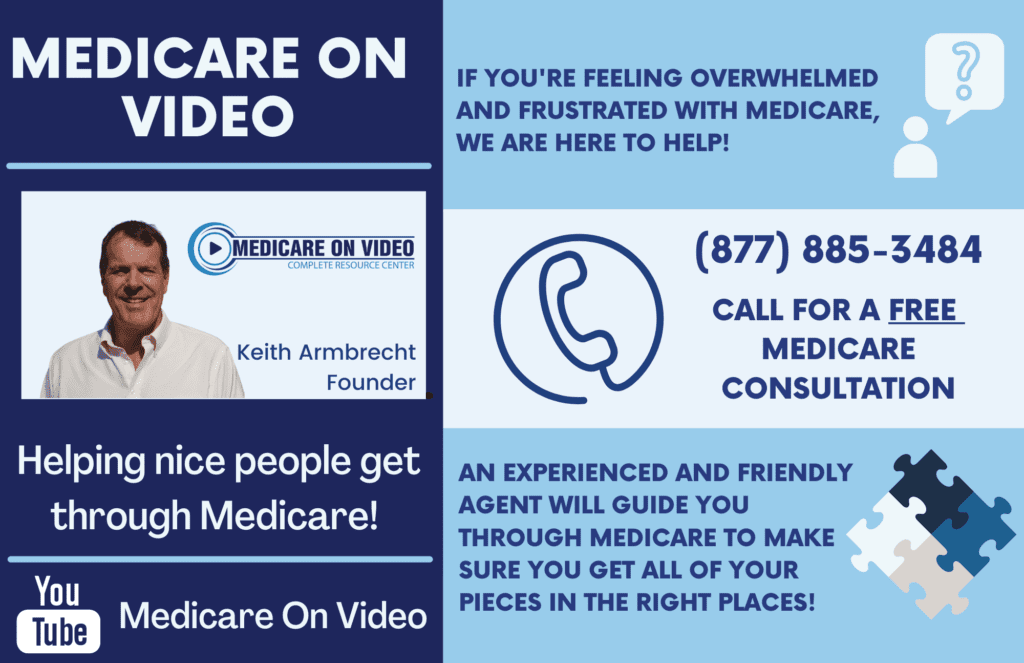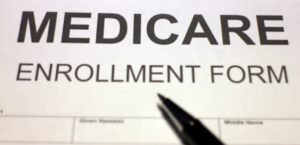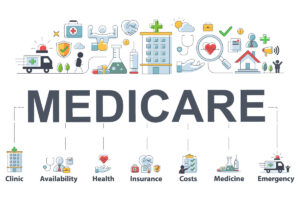Making a decision as regards whether to enroll in a Medicare drug plan, also known as Medicare Part D, can be a complex one. There are several factors to be considered before concluding whether a Medicare drug plan is right for you.

Before delving into the crux of the matter, what are Medicare drug plans?
Medical drug plans, also known as Medicare Part D, are prescription drug plans offered by private insurance companies that are approved by Medicare. These plans are available to people who are eligible for Medicare, including those who are 65 years old or older, people with certain disabilities, and people with end-stage renal disease.
Medicare drug plans are specifically designed to help people pay for their prescription drugs. Each plan has its own list of covered drugs, known as a formulary, which is approved by Medicare.
However, the formulary may change from year to year, so it’s important to review the plan’s coverage annually to ensure it still meets your needs.
It should be noted that if you don’t enroll in a Medicare drug plan when you’re first eligible, you may have to pay a penalty when you do enroll later. So it’s important to enroll in a plan during the enrollment period, which typically runs from October 15 to December 7 each year.
What Factors Should be Considered When Choosing Medicare Drug Plans?
Given that original medicare, which includes Medicare Part A and Part B, does not cover Medicare drug plans (also known as Medicare Part D), it is important to pay attention when choosing Medicare Part D because it is offered by private insurance companies.
These critical factors include:
- Prescription drug needs: If you currently take prescription drugs or anticipate needing them in the future, a Medicare drug plan can help you manage the cost of those medications. It’s important to review the plan’s formulary to ensure that the drugs you need are covered by the plan.
- Budget: Medicare drug plans have varying costs, including monthly premiums, deductibles, and copayments or coinsurance. It’s important to consider your budget when selecting a plan, as some plans may be more affordable than others.
- Health Insurance coverage: If you have other health insurance coverage, such as an employer-sponsored plan, you may not need a Medicare drug plan. However, it’s important to review your current coverage to ensure that it meets your prescription drug needs.
- Penalties for not enrolling: If you do not enroll in a Medicare drug plan when you are first eligible and do not have other creditable prescription drug coverage, you may have to pay a penalty when you do enroll later.
- Changes to the plan: Medicare drug plans can change their formularies and other aspects of their coverage from year to year. It’s important to review the plan’s coverage annually to ensure that it still meets your needs.
More importantly, enrolling in a Medicare drug plan can help you manage the cost of your prescription drugs. However, the decision to enroll should be based on your individual needs and budget.
Cost of Medicare Drug Plans
The cost of medicare drug plans vary depending on a number of factors. These include:
- Monthly premiums: Every Medicare drug plan charges a monthly premium. The cost of the premium can vary from plan to plan and from year to year. Some plans may have premiums as low as $0, while others may have premiums of $100 or more per month.
- Deductibles: Some Medicare drug plans may have an annual deductible, which is the amount you must pay out of pocket before the plan starts paying for your prescriptions. Deductibles can range from $0 to over $400, depending on the plan.
- Copayments and coinsurance: Once you have met your deductible, you will also pay a copayment or coinsurance for each prescription. Copayments are a fixed amount that you pay for each prescription, while coinsurance is a percentage of the cost of the prescription. The amount you pay for both depends on the plan you opt-in for.
- The plan’s formulary: Every Medicare drug plan has a list of covered medications, known as a formulary. If the prescription you need is not on the formulary, you may have to pay the full cost of the medication.
It’s important to review the costs of each Medicare drug plan carefully before enrolling. You can compare plans and estimate your out-of-pocket costs using the Medicare Plan Finder tool here.
What Are the Benefits of Medicare Drug Plan?
The benefits of enrolling in a Medicare drug plan (also known as Medicare Part D), include the following:
- Protection against High Drug Costs: Medicare drug plans have an annual out-of-pocket spending limit, which is the maximum amount you will have to pay for your prescription drugs in a given year. Once you reach this limit, the plan will pay for all of your covered medications for the rest of the year.
- Flexibility in choosing pharmacies: Most Medicare drug plans have a network of pharmacies that you can use to fill your prescriptions. However, many plans also offer the option to use out-of-network pharmacies for an additional cost.
- Coverage for prescription drugs: A Medicare drug plan can help you manage the cost of your prescription drugs. This is usually clearly stated in the list of covered medications, known as a formulary.
- Financial Assistance for limited income earners: If you have limited income and resources, you may qualify for assistance with your Medicare drug plan costs through the Extra Help program.
- Annual enrollment opportunities: You can enroll in a Medicare drug plan or change your plan during the annual enrollment period, which runs from October 15 to December 7 each year. This gives you the opportunity to review your coverage and make any necessary changes.
Conclusion
In summary, medicare drug plans help you manage the cost of your prescription drugs, provide protection against high drug costs, among others.
For help choosing the right Medicare supplement plan, watch the MedicareOnVideo series. You can also call us directly at 1-877-855-3484.
Equally, follow the step-by-step processes as practically detailed in the Medicare ebook – Medicare Made CLEAR, which contains relevant content, links, and videos on Medicare areas of coverage.
















